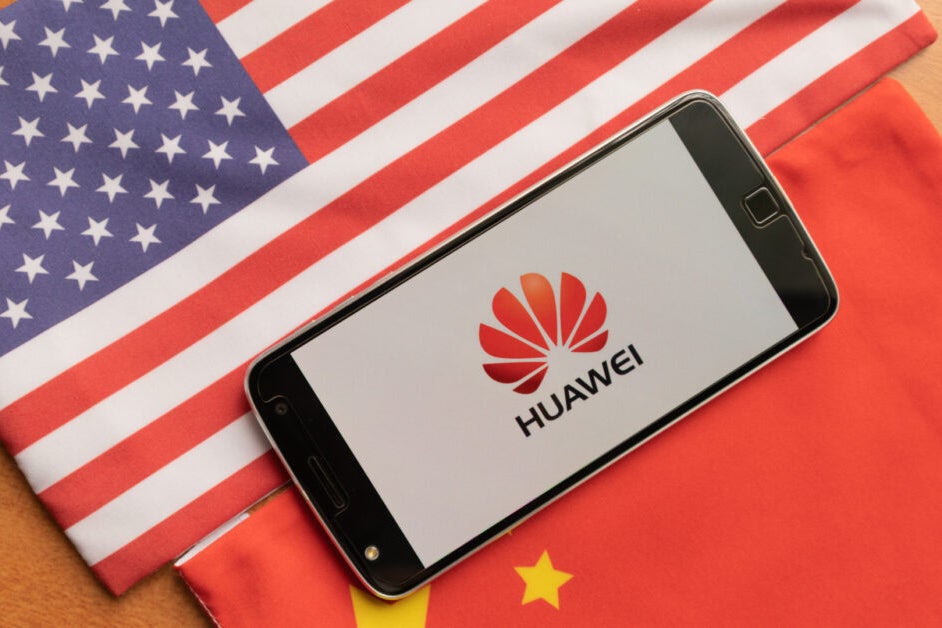image courtesy of Getty Images Didi Global, the Chinese ride-hailing behemoth, is being sued by US shareholders after a crackdown by Beijing caused a drop in its stock price. The two cases were filed a week after Didi debuted on the New York Stock Exchange. Since a Chinese regulator ordered online merchants to remove the app, the company’s US market value has dropped by more than 20%. The software improperly acquired users’ personal data, according to Beijing’s cybersecurity authorities. Didi neglected to disclose continuing negotiations it was having with Chinese authorities about its compliance with cybersecurity laws and regulations, according to the claims, which were filed in federal court in New York and Los Angeles on Tuesday. Will Wei Cheng, Didi’s CEO, and several other executives and directors were implicated in the accusations. Goldman Sachs, Morgan Stanley, and JPMorgan Chase, the company’s principal underwriters, were also named as defendants. Didi’s stock has plummeted as a result of China’s tech crackdown. According to Didi, the removal of China apps will have an impact on business. The Chinese ride-hailing behemoth makes its $68 billion debut in the United States. On July 2, China’s Cyberspace Administration of China (CAC) said that it had opened an investigation into Didi, which had conducted its initial public offering in the United States just days before. It ordered smartphone app stores to remove the company’s app from their platforms two days later. In a response issued on Monday, Didi stated that it will “strive to rectify any faults.” The company had the second-largest US initial public offering (IPO) for a Chinese startup on record, garnering $4.4 billion, despite losing roughly $15 billion (£10.9 billion) in market value on Tuesday alone. According to Bloomberg, Chinese regulators asked Didi to delay its share offering three months ago owing to cybersecurity concerns, citing people familiar with the situation. Didi told potential investors in its prospectus, which was made public before of the IPO, that their ability to enforce their “rights through US courts may be limited, because we are established under Cayman Islands law.” The letter also identified some of the company’s regulatory vulnerabilities, but there was no indication that the CAC would begin an investigation or prohibit it from accepting new consumers. Didi, which was founded in 2012, is especially popular in China’s cities. On a daily basis, the app arranges more than 20 million rides around the country. A request for comment from the BBC was not immediately responded to by Didi, Goldman, Morgan Stanley, or JPMorgan. Beijing also said this week that it would increase oversight of Chinese companies listed offshore. It issued new guidelines requiring watchdogs to increase cross-border audit co-operation and update rules “on data security, cross-border data flow, and other private information management.” Following the announcement, shares in Chinese parent businesses listed in the United States, such as truck-hailing service Full Truck Alliance (FTA) and job-search site Kanzhun, plummeted. China’s governmental crackdowns on a variety of tech companies, from Alibaba to food delivery service Meituan, have prompted this upgrade. The CAC also stated on Monday that it intends to examine FTA. FTA, like Didi, recently debuted on the New York Stock Exchange, garnering $1.6 billion (£1.1 billion). The gig economy is a type of economy in which people work Stock markets in ChinaUber/n
Read MoreChinese ride-hailing firm Didi sued in US as shares slide
2021-07-08T04:18:29-04:00July 8th, 2021|





